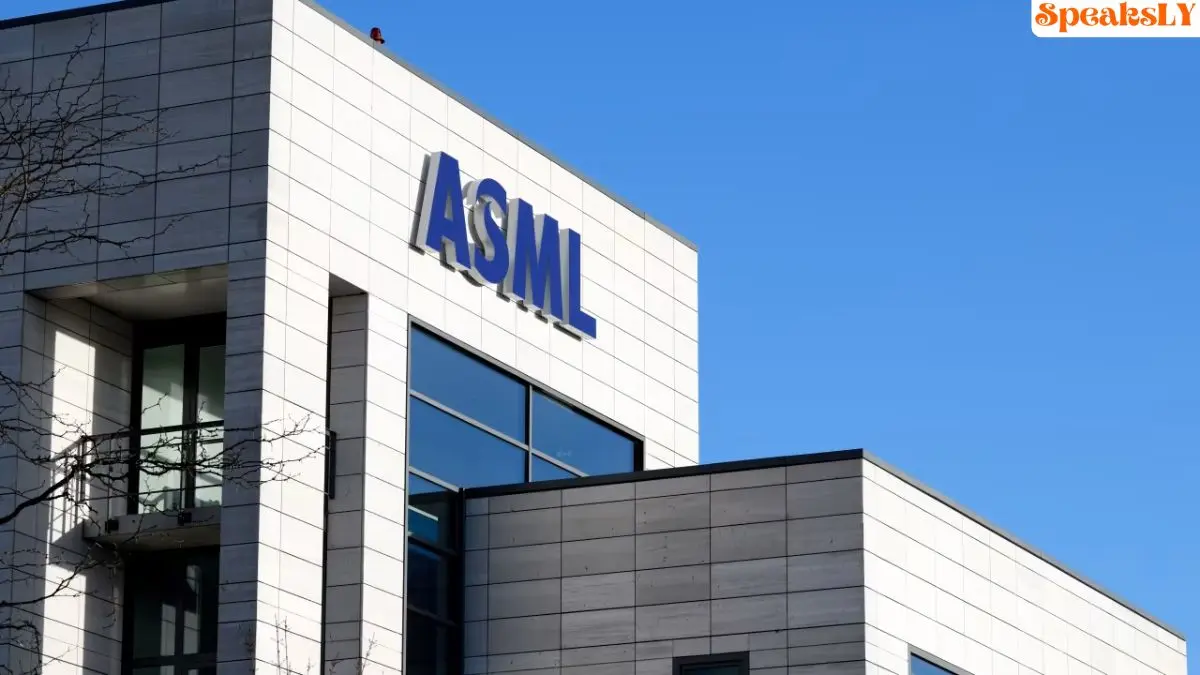Investors and analysts are expressing skepticism toward ASML, the leading computer chip equipment manufacturer, following the company’s downward revision of its 2025 financial guidance due to weakness in markets beyond artificial intelligence (AI) and delayed orders. While ASML’s status as a critical supplier to chipmakers remains secure, concerns have arisen regarding short-term sales and the company’s ability to maintain its growth trajectory relative to the overall market.
The announcement prompted the largest selloff of ASML shares in two decades, with the stock price dropping 4.9% to €635.60 as of 0840 GMT on Wednesday. Earlier in July, the shares had reached a record high of over €1,000 ($1,088), fueled by ASML’s dominance in the lithography tools market, essential for semiconductor production.
ASML executives are scheduled to address analysts in a call later today. The company noted that after a surge in demand during the pandemic, some customers have announced delays in new plants and upgrades, particularly among manufacturers of logic chips used in smartphones, PCs, and other devices. Memory chip manufacturers are also planning fewer expansions, indicating they can continue to utilize existing equipment for longer periods.
Nick Rossolillo of Concinnus Financial, who has held ASML stock since 2022, cautioned, “There need to be limits to the expectations we investors place on any single company,” particularly one that relies heavily on the spending plans of its manufacturing clients.
Though ASML did not specify which customers were behind the guidance cut, analysts are closely watching TSMC, a key producer of AI chips for Nvidia and smartphone chips for Apple. Michael Roeg, an analyst at Belgian investment bank Petercam Degroof, remarked, “The strong sales trends at TSMC are a misleading indicator for the overall health of the semiconductor industry.” He noted that TSMC’s capital expenditures have been relatively low this year and may continue to be so due to suboptimal plant utilization.
Intel has announced a $10 billion cut in capital spending for 2025, while Samsung faces challenges with its new factory in Texas. ASML receives about a quarter of the total spending on chipmaking tools from its customers, but some analysts warn that shifts in chip production techniques could reduce this share.
Han Dieperink, chief investment officer at Aureus, suggested that customer delays might also serve as a negotiation strategy to push for pricing concessions from ASML, potentially squeezing profit margins. Despite reducing its stake in ASML in August due to valuation concerns, Aureus still considers the company a cornerstone investment. Dieperink also highlighted declining orders from Chinese chipmakers as U.S.-led export restrictions begin to take effect, noting, “China anticipated these restrictions and front-loaded purchases in the 2022-2024 period.”



